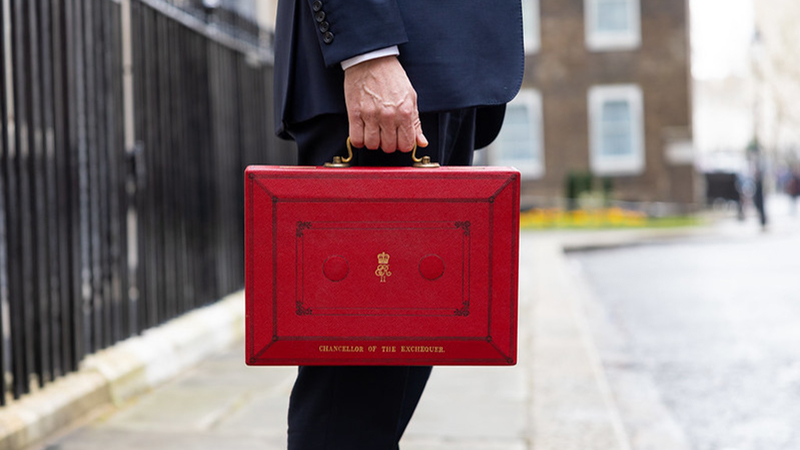Chancellor Jeremy Hunt has revealed a range of measures which he says aim to benefit start-ups and small and medium size enterprises (SMEs) in the Spring Budget, including raising the Value Added Tax (VAT) threshold.
Some 31% of business owners anticipate closure by the end of 2024, according to a recent survey by Novuna Business Cash Flow, which surveyed over 500 owners of small and medium sized enterprises.
Among the measures, Hunt announced £200m to extend business rate support for SMEs.
He also increased the VAT threshold to £90,000 from £85,000.
Tom Minnikin, partner at Forbes Dawson, said the VAT increase is a welcome step, but “still leaves question marks”.
“In broad terms, businesses only become liable to charge VAT when their annual turnover exceeds the VAT threshold,” he said.
“Analysts have increasingly pointed to evidence of the threshold distorting behaviour, by discouraging businesses at the margin to grow their output. This issue has become even more stark because the threshold has been frozen since 2017.
“Today’s increase may ease these concerns, although it is worth nothing that over the intervening period inflation has been more than 10 per cent. Today’s increase only partially deals with this issue.
“More fundamentally though, is now the time to have a more radical think on VAT? Some argue that a much lower threshold, balanced by a reduction in the headline VAT rate would lead to less market distortion, by exempting only the smallest businesses.”
In his House of Commons speech, Hunt said the best way to improve economic productivity is through investment.
In the Autumn Statement, Hunt announced permanent full expensing, a £10bn cut for businesses. Today, he announced this would apply to leased assets as soon as the government can afford it to do so.










